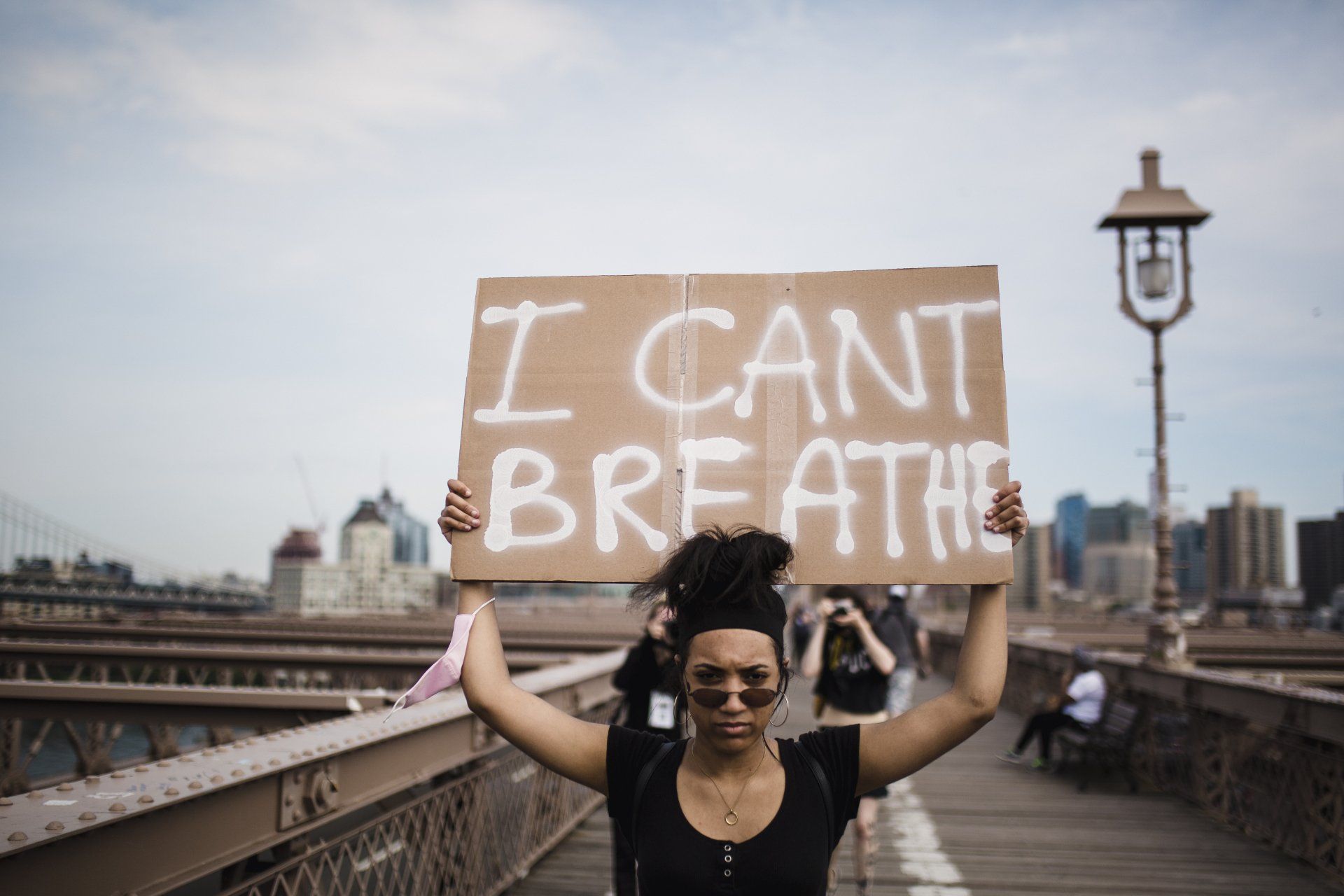What Is The Confessions Rule?
“The Confessions Rule”. A legal term or expression that sounds scary and complicated, but in fact it is a simple rule that is important for you to understand as it applies in your interactions with state authorities.
The Confessions Rule is a common law rule that requires that a statement made by a person to a person in a position of authority be made voluntarily if that statement is to be admitted at trial. In other words, if you say something to a person in authority and the Crown wants to rely on this statement at your trial, the Crown will have to prove that you made that statement voluntarily.
Why Does This Rule Matter?
Usually, in the criminal law context, when a person is dealing with state authorities (typically the police), it is the rights protected under the Charter that are invoked. However, Charter rights only apply upon detention or arrest. So in order to trigger a Charter right and to invoke a Charter protection, there has to be first a situation of detention or arrest by the police. Moreover, the onus is on the person claiming a Charter violation to prove on a balance of probabilities that the Charter rights have been violated. In other words, if you want to claim that the police have violated your Charter rights, you bear the onus of proving a violation and you can only invoke Charter rights if you can show that you were detained or arrested.
Voluntariness is established if:
- The person making the statement has an operating mind;
- The statement has not been obtained by threats or inducements;
- The statement must not have been made in circumstances so oppressive that they vitiate the statement’s voluntariness;
- The statement must not be the product of unacceptable police tactics or trickery.
The Crown bears the onus of proving voluntariness beyond a reasonable doubt.
When Does The Confession Rule Apply?
The Confessions Rule on the other hand, applies whether or not you were detained. So this means you do not have to worry about the technicality of proving a detention in order to establish the voluntariness of a statement made to the police. Moreover, the onus is on the Crown to prove beyond a reasonable doubt, and not on a balance of probabilities, that your statement to the police was voluntary.
Finally, another advantage of the Confessions Rule, is that once a statement is proven to be voluntary, it must be excluded. Under the
Charter , a request for the exclusion of a statement made to the police, will only be excluded if the court considers that admitting the statement would bring the administration of justice into disrepute. This means that the court has the discretion to either admit or exclude a statement made to the police once a
Charter violation has been established.

About The Author
Maya Shukairy is a criminal defence lawyer based in Ottawa, Ontario. Before becoming a criminal defence lawyer, she worked in a Crown’s Office gaining experience working as a Crown prosecutor. Maya offers her services in English, French and Arabic. Shukairy Law has affordable rates and accepts Legal Aid certificates.
Find this post informative?
Share it with your friends and family.
CAUTION: the information on this page does not constitute legal advice and is NOT a substitute for legal advice. To obtain legal advice please refer to a lawyer. If you do not have a lawyer and you are seeking legal advice, you may contact us at (613) 670-5819.
Take a look at a few other posts...



